The Uncomfortable Mirror: Why “Hard Love” Hits So Hard
When Emmabel TV promised a drama about modern relationships, few anticipated the raw, emotionally punishing, yet ultimately cathartic experience that is “Hard Love.” This 140-minute Nollywood epic isn’t just a movie; it’s a detailed case study in the insidious nature of emotional gaslighting and financial manipulation. It takes the familiar trope of the “toxic partner” and meticulously dissects it, using the vibrant, unforgiving backdrop of Lagos to amplify the stakes. This review, intended for those of us who grew up on classic Nollywood morality tales but crave modern psychological depth, aims to break down why this film works—and where its ambition sometimes causes it to falter. Forget the melodrama you’re used to; this is sophisticated, character-driven trauma, and it is essential viewing.
Part I: Character Dynamics and Performance Deconstruction
The narrative engine of Hard Love runs entirely on the friction and evolving power dynamics between its four key players. The success of the film hinges on our investment in Martha’s pain and Frank’s believable villainy, and thankfully, the lead performances deliver.
The Transformation of Martha: From Village Girl to City Woman
Martha (Ma) is the protagonist whose journey forms the film’s emotional backbone. When she first arrives in Lagos, she is painted with the broad strokes of naivety and desperate optimism. The performance initially relies on wide-eyed expressions and submissive body language, perfectly establishing the emotional blank slate that Frank exploits. Her transformation is not a sudden, dramatic flip, but a slow, simmering realization—a testament to the actress’s ability to chart subtle internal shifts.
The film spends significant time showing Martha rationalizing Frank’s abuse. We see her clean his clothes, cook his food, and defend him to Ivy, all while visibly shrinking under his constant critiques. The turning point isn’t a single event, but a cumulative mental load. By the middle of the second act, her eyes no longer hold fear, but a weary determination. The physical performance becomes stiffer, the dialogue more measured. Her final stand, where she articulates the years of hurt without shouting, is the most powerful scene, cementing her arc as a successful portrayal of self-discovery through adversity, moving past forgiveness to embrace self-respect.
Frank: The Compelling Portrait of a Toxic Archetype
Frank, the antagonist, is perhaps the film’s greatest triumph in writing and performance. He is not a mustache-twirling villain; he is a monster crafted from common, relatable flaws: deep-seated insecurity, financial irresponsibility, and an almost pathological need for control.
His manipulation is multifaceted and chillingly realistic:
Emotional Gaslighting: He constantly reframes Martha’s legitimate concerns as her own shortcomings. When she discovers the G-string—a classic Nollywood catalyst—he pivots immediately from defense to offense, accusing her of jealousy and lack of trust, making her apologize for his infidelity.
Financial Dependence: His strategy is to ensure Martha has just enough ambition (a job) but never true independence. He demands she pay for rent and utilities, then controls the funds, tying her to him through perceived financial obligation.
Jealousy and Isolation: His jealousy, which he disguises as protective “hard love,” is a key tool for isolation. He subtly undermines her friendships and professional contacts, ensuring she views him as her only trusted lifeline.
The actor portraying Frank embodies this toxicity with a slick, handsome exterior, making his cruelty all the more jarring. His performance, full of sudden, quiet bursts of rage and practiced, remorseful pleas, is frighteningly believable, elevating him beyond a caricature into a genuine, deeply flawed, and dangerous man.
Ivy and Dave: Foils and Functional Supports
Ivy, the pragmatic and brutally honest friend, and Dave, the respectful and stable housemate, are crucial foils. Ivy serves as the audience’s voice, articulating the toxicity Martha cannot yet admit. Her function is primarily to offer external validation, and while her advice is sometimes repetitive, she prevents Martha’s isolation from becoming complete.
Dave is a more interesting narrative device. His introduction marks the narrative shift: he is the living antithesis of Frank. He is kind, pays his way, and respects boundaries—he represents the normalcy and emotional safety Martha has been denied. However, their relationship is handled with commendable restraint; it’s not a romantic rebound but a safe space, emphasizing that Martha’s true goal is independence, not just a replacement partner. While they feel slightly underwritten outside their relationship to Martha, they serve their functional purpose perfectly: illuminating Frank’s darkness by contrast.
Part II: Themes and Narrative Execution
The film’s narrative structure is ambitious, demanding patience, but ultimately justifying its duration by allowing the psychological deterioration and rebuilding to feel earned.
The Pacing of Realization and the 140-Minute Burden
At 140 minutes, Hard Love is undeniably long for a contemporary drama. This is the film’s largest technical risk. The middle act, where Martha is stuck in the cyclical rut of Frank’s abuse and repentance, occasionally drags. We, the audience, recognize the cycle long before Martha does.
However, this sustained pacing is arguably intentional. The length forces the audience to experience the drudgery and emotional exhaustion that characterize long-term abusive relationships. By drawing out the incidents—the late nights, the phone calls, the demands for money—the film avoids quick, dramatic resolutions, making Martha’s eventual breaking point feel like the only logical outcome of a prolonged campaign of cruelty. It is a slow burn that pays off in emotional depth, though it sacrifices some momentum.
Lagos as a Character: Luxury, Pressure, and False Promises
The use of the Lagos setting is highly effective, contrasting sharply with Martha’s simple village life mentioned in the exposition. The apartment—luxurious, modern, and high-rise—becomes a beautiful prison. This setting immediately establishes the new pressure: the chase for wealth, the maintenance of a sophisticated image, and the overwhelming financial weight that Frank, in his irresponsibility, pushes onto Martha.
This urban backdrop elevates the conflict. Frank’s abuse isn’t just about control; it’s about the fear of falling back down from the perceived status symbolized by the Lagos high-life. The city is the ultimate false promise, representing the success Frank desperately covets but is too lazy to achieve, forcing Martha to pay the price for his failed ambition.
Dialogue, Confrontation, and Emotional Weight
The dialogue is a standout feature, particularly in the escalating confrontations. It manages to be both heavily dramatic (as expected in Nollywood) and psychologically precise.
The script shines in the arguments: Frank’s lines are classic textbook gaslighting phrases (“You’re overreacting,” “I’m only hard on you because I love you,” “It’s your fault I cheated, you drive me away”). The use of this language ensures that the social message about recognizing abuse is loud and clear. Conversely, Martha’s dialogue shifts from placating whispers to clear, decisive statements of boundaries. Her final monologue to Frank is a moment of pure catharsis, not because it’s loud, but because it is delivered with icy, unshakeable finality. The emotional weight in these scenes is perfectly modulated, avoiding excessive screaming in favor of controlled, devastating emotional warfare.
Part III: Technical and Production Critique
For a film focused on intimate psychological drama, the technical execution needs to be precise, and Hard Love largely succeeds in its visual and auditory design.
Visual Storytelling and Cinematography
The cinematography uses a palette of cool blues and greens inside the apartment, creating a sense of sterile elegance that contrasts with the messy emotions unfolding within. The camera work often employs close-up shots on Martha’s face, forcing the viewer to confront her pain and confusion, emphasizing the subjective horror of being manipulated.
The film’s use of music is particularly noteworthy. A single, distinct R&B track is used recurrently, not just as background noise, but as a leitmotif for Frank’s deceit. It plays during their moments of superficial closeness or when he is attempting to charm her, embedding a feeling of tension and foreboding beneath the false tranquility. This intelligent use of sound design elevates the psychological tension considerably.
Consistency and Editing
The editing is generally smooth, but it becomes slightly indulgent during the extended middle act. While the long scenes of domestic tension serve the theme of emotional exhaustion, a tighter edit might have benefited the overall flow without sacrificing the thematic payoff. However, the film avoids the abrupt cuts and sound issues that sometimes plague longer Nollywood productions, maintaining a high level of polish throughout its run time.
Part IV: Final Verdict and Call-to-Watch
Hard Love is more than just a typical relationship drama; it’s a necessary cultural commentary that uses high-stakes Lagos living to explore the universal dynamics of manipulation.
Strengths and Flaws
Greatest Strengths:
The Performances: The lead actors deliver pitch-perfect portrayals of victim and abuser, giving the film its grounded emotional core.
The Social Message: The film provides an unambiguous, detailed roadmap of emotional abuse, which is incredibly valuable for audience awareness.
Pacing (Thematic): The long run time, while sometimes taxing, ultimately justifies the intensity of Martha’s liberation.
Significant Flaws:
Pacing (Structural): The middle section could have been trimmed by 15-20 minutes without losing thematic weight, primarily to tighten the emotional cycle.
Predictable Archetypes: While Frank is well-acted, his character profile adheres very closely to established toxic tropes, offering few surprises in his methods.
Rating: …………………………. (4/5 Stars)
Recommendation: Who Needs to Watch This?
If you appreciate Nollywood dramas that tackle contemporary issues with psychological depth, or if you simply value a strong character study, you must see Hard Love. It is a film for anyone who has ever felt suffocated by a partner’s control, and a cautionary tale for those who might not recognize the subtle red flags of “love bombing” and financial sabotage.
It is a difficult watch—it forces you to confront uncomfortable truths—but its conclusion is ultimately one of empowerment. Martha’s journey is a powerful reminder that sometimes, the hardest love you have to find is the love you give back to yourself.
Go stream “Hard Love” now, but prepare yourself. It’s a fight.
#NollywoodTimes
#ToxicLove
#NollywoodDrama
#MarthaStrong
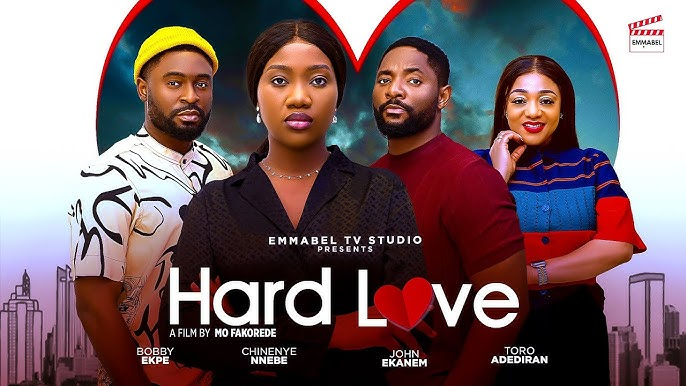
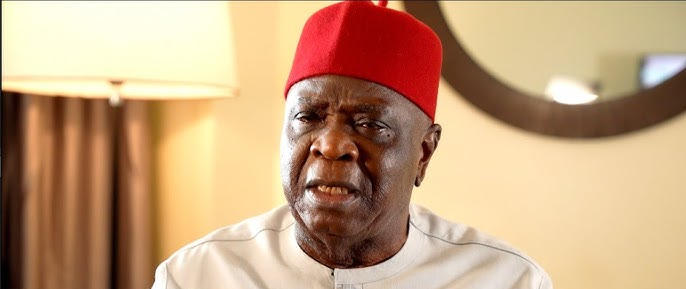
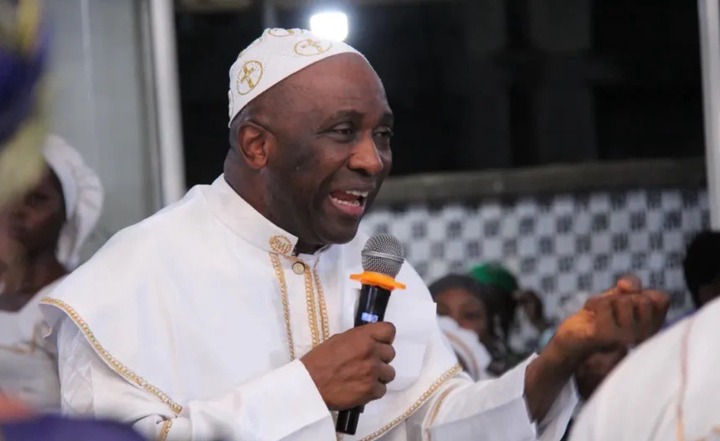
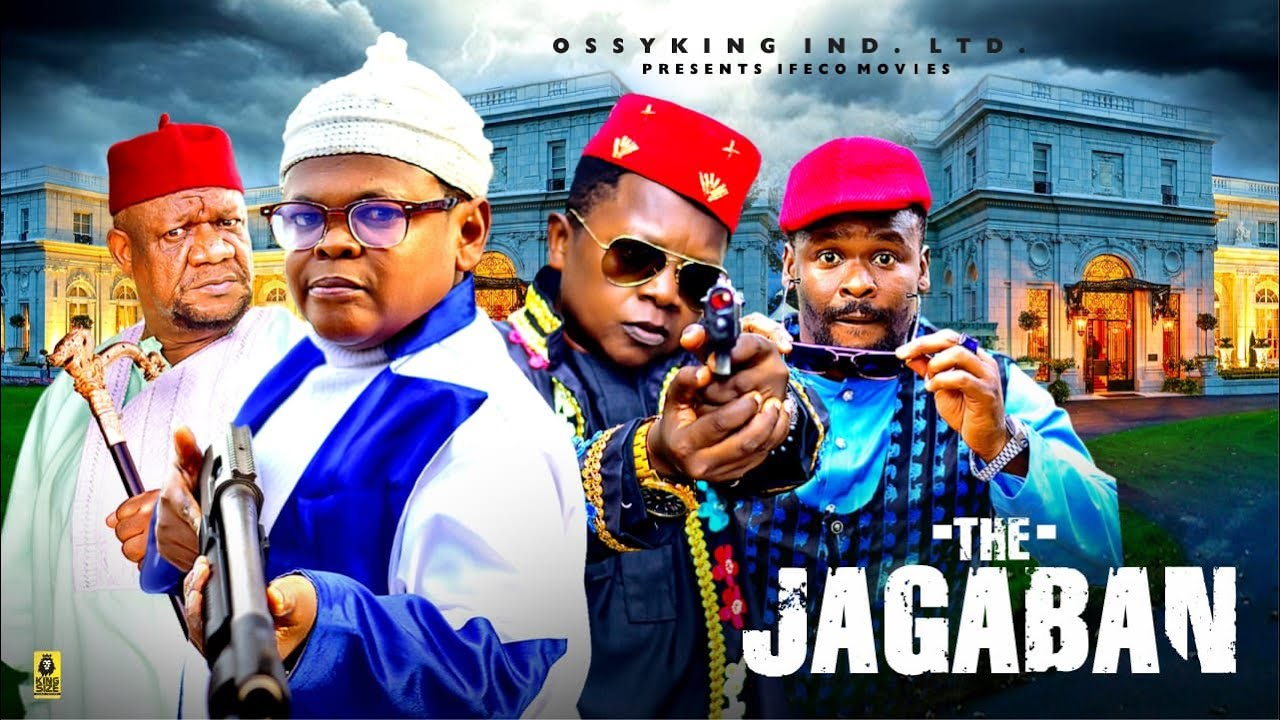

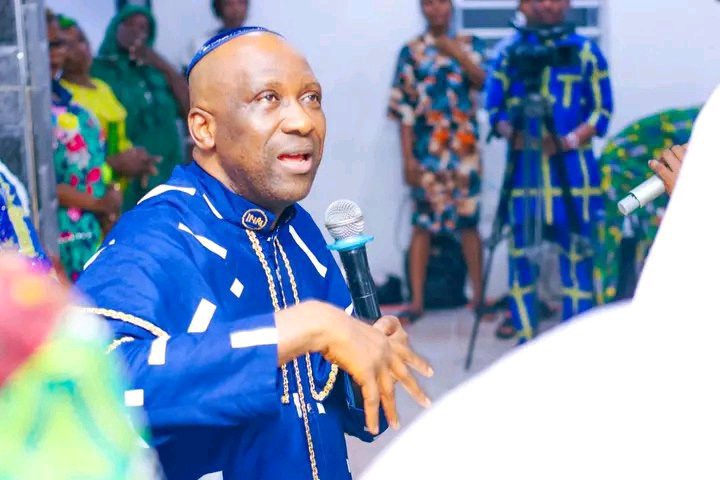

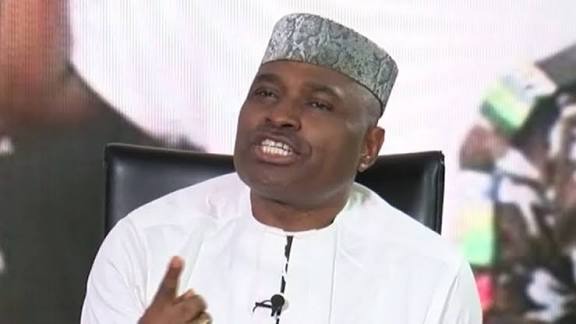
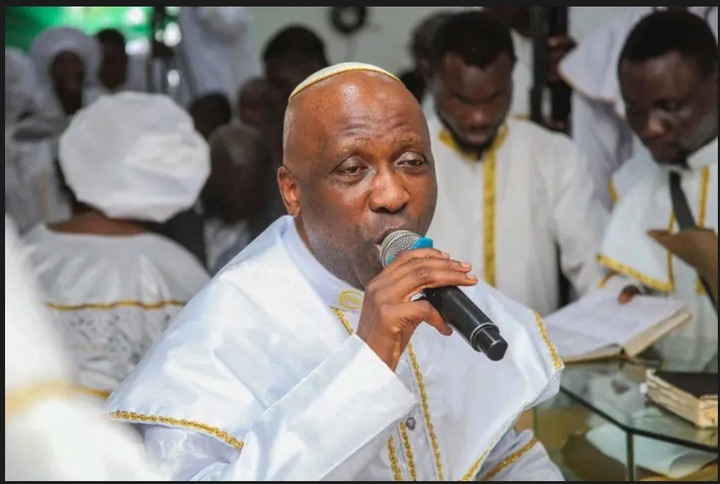
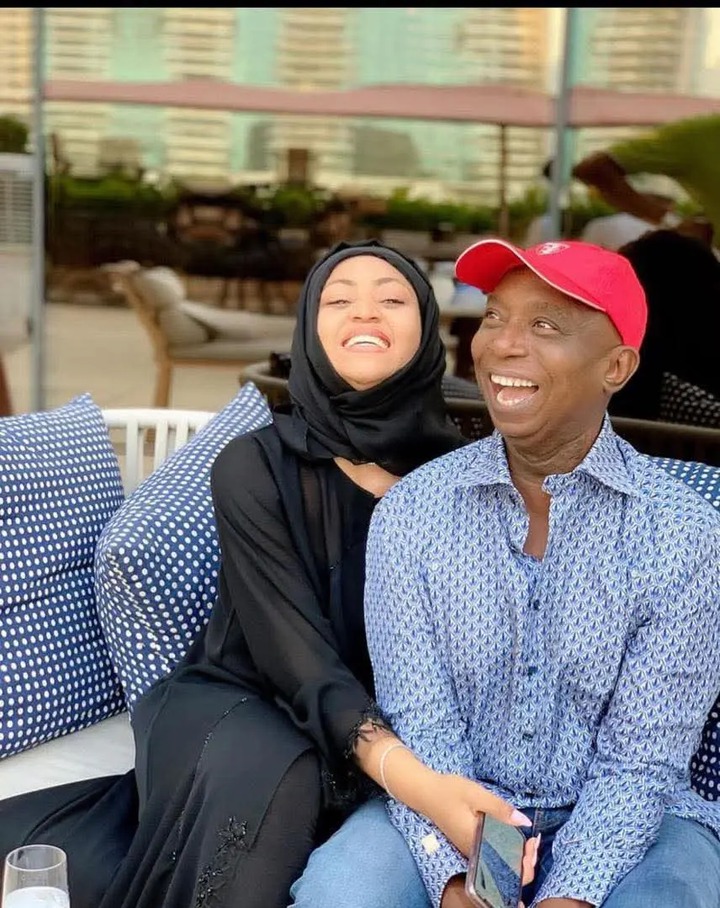




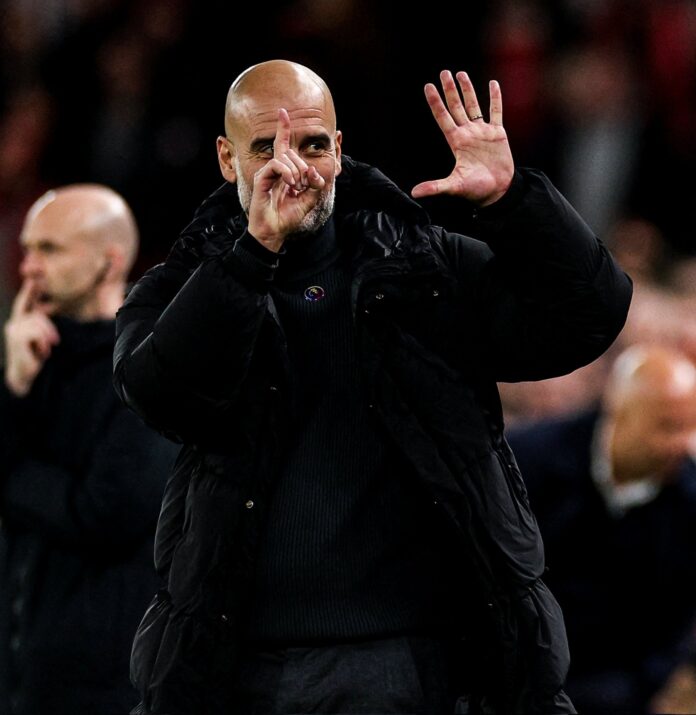
Leave a Reply